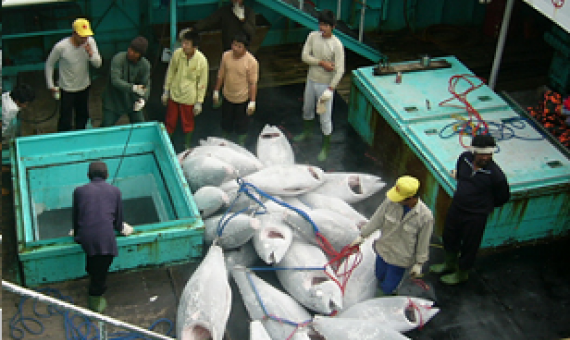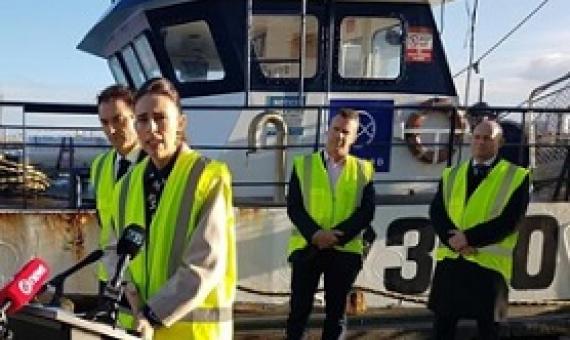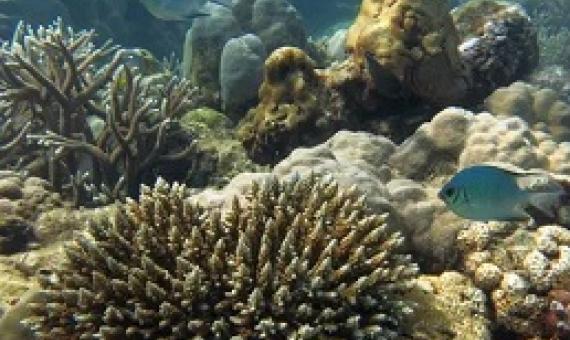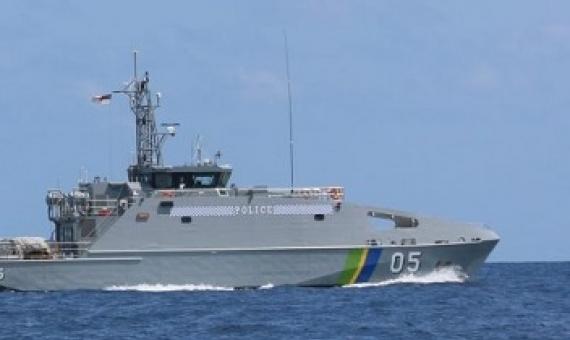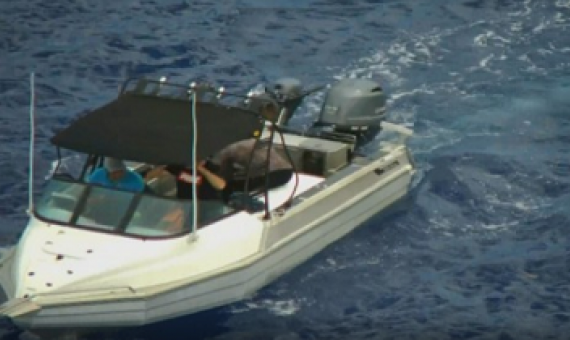Occurrence and abundance of meso and microplastics in sediment, surface waters, and marine biota from the South Pacific region
Data on the occurrence and abundance of meso and microplastics for the South Pacific are limited and there is urgent need to fill this knowledge gap. The main aim of the study was to apply a rapid screening method, based on the fluorescence tagging of polymers using Nile red, to determine the concentration of meso and microplastics in biota, sediment and surface waters near the capital cities of Vanuatu and Solomon Islands. A spatial investigation was carried out for sediment, biota and water as well as a temporal assessment for sediment for two consecutive years (2017 and 2018).

